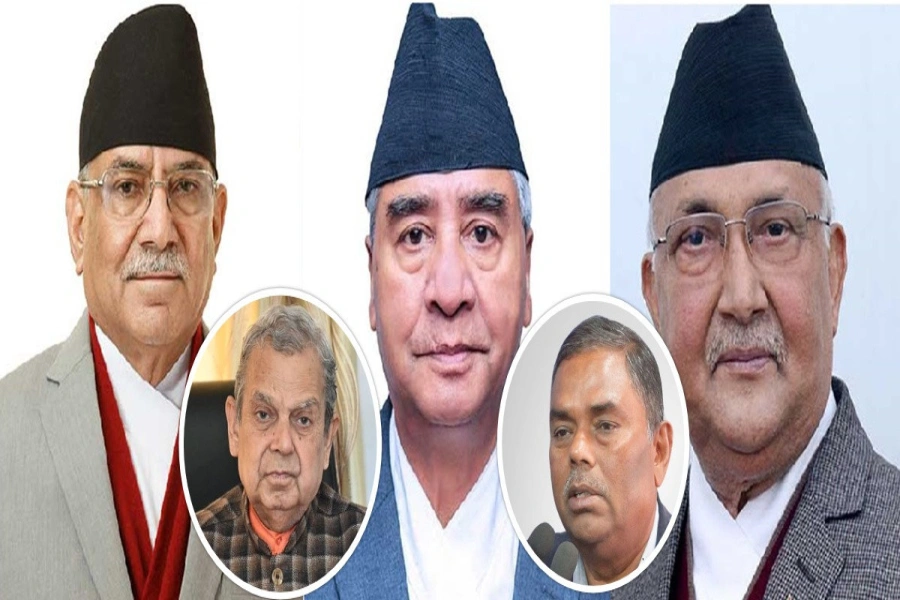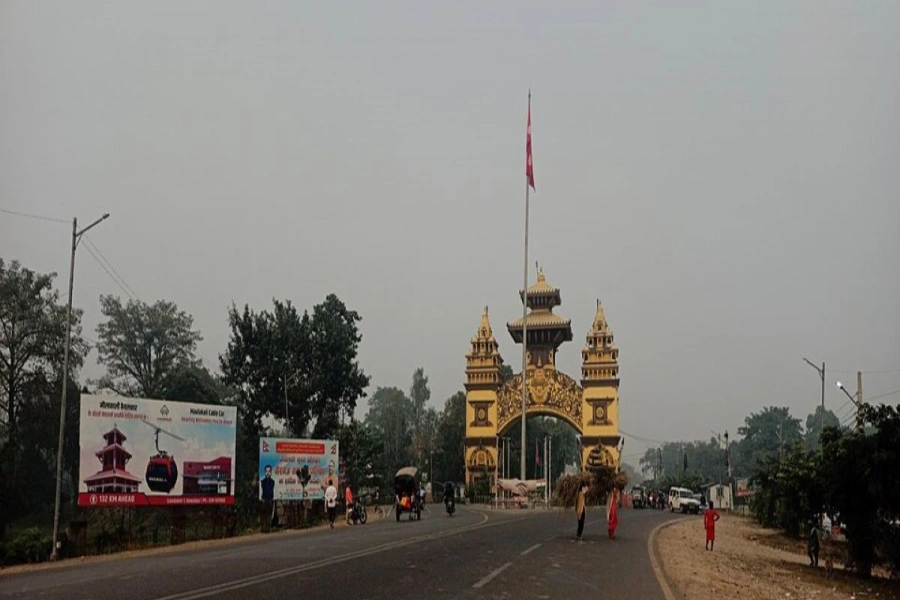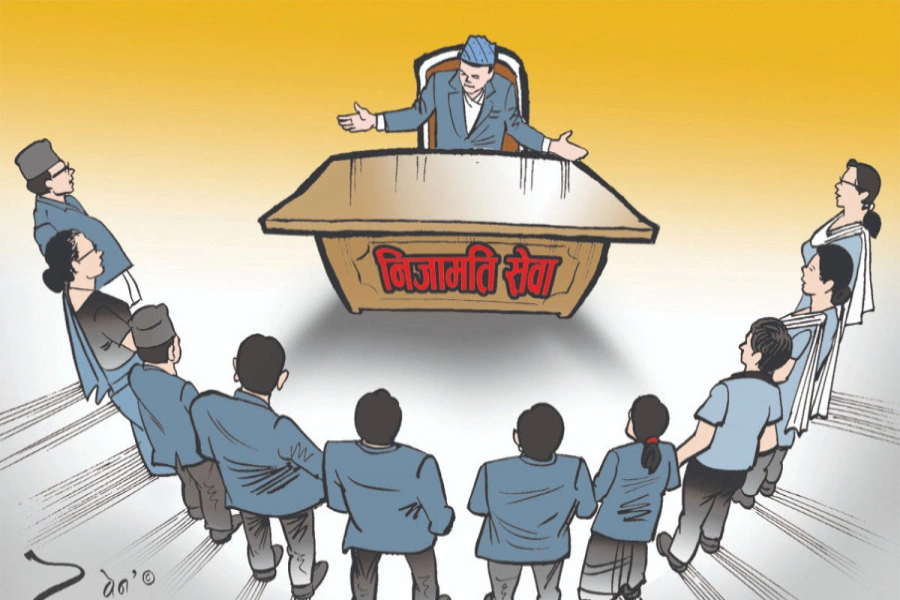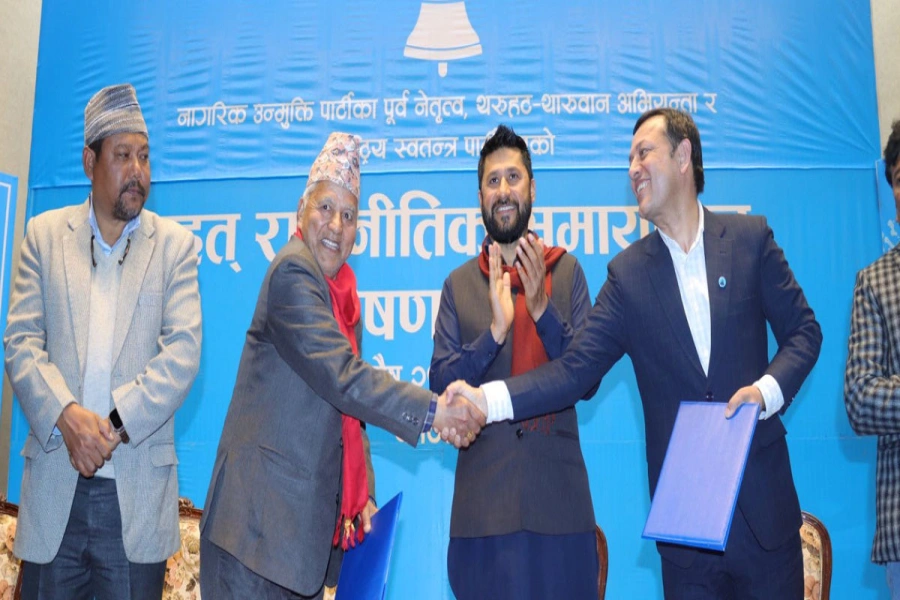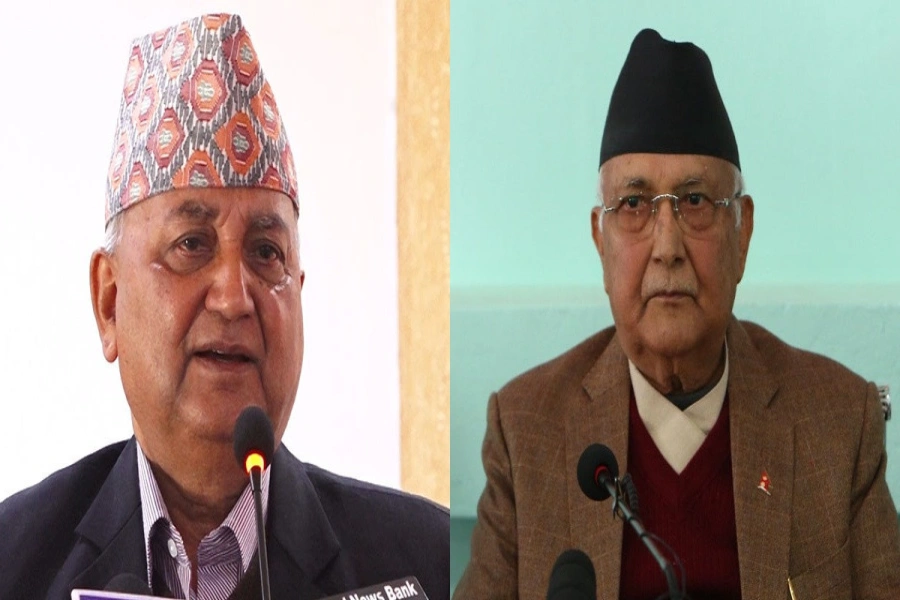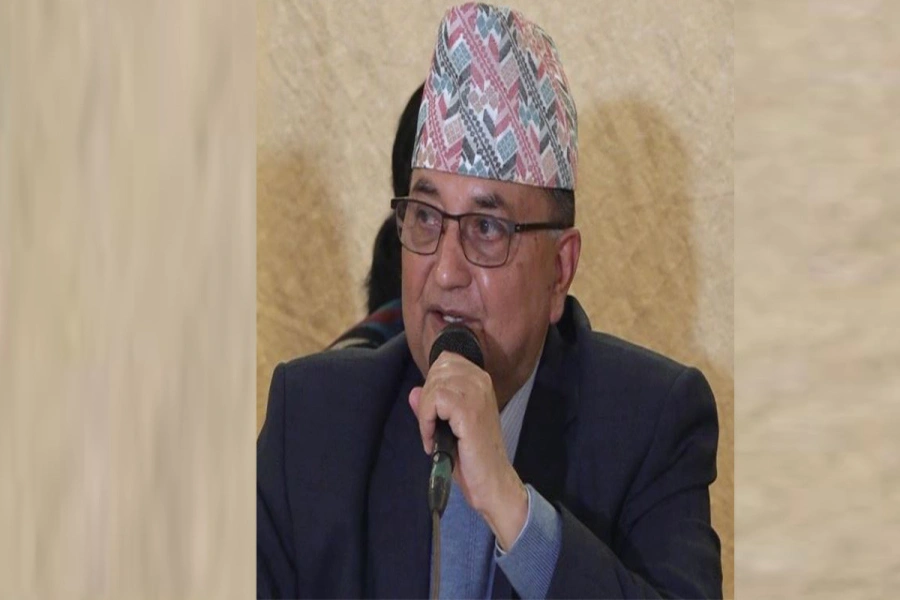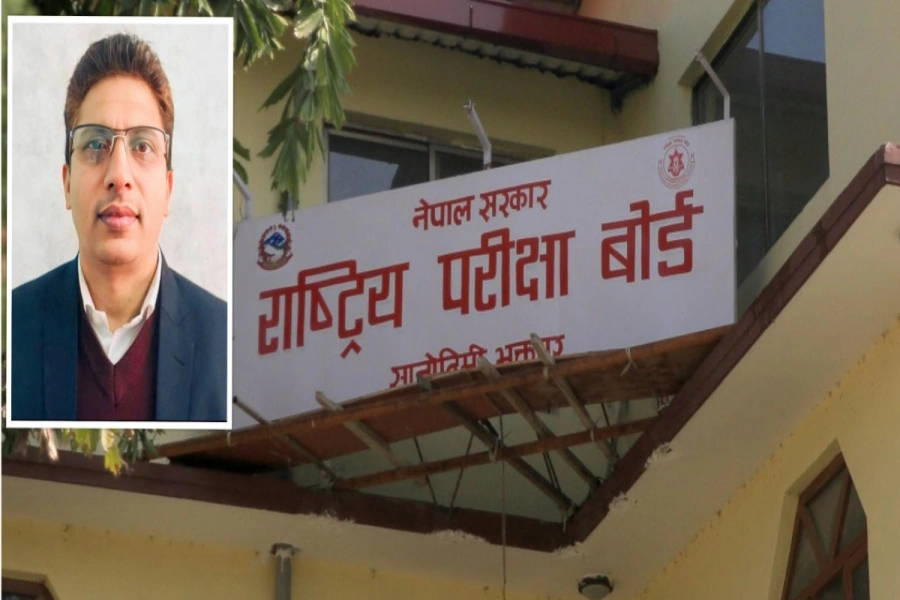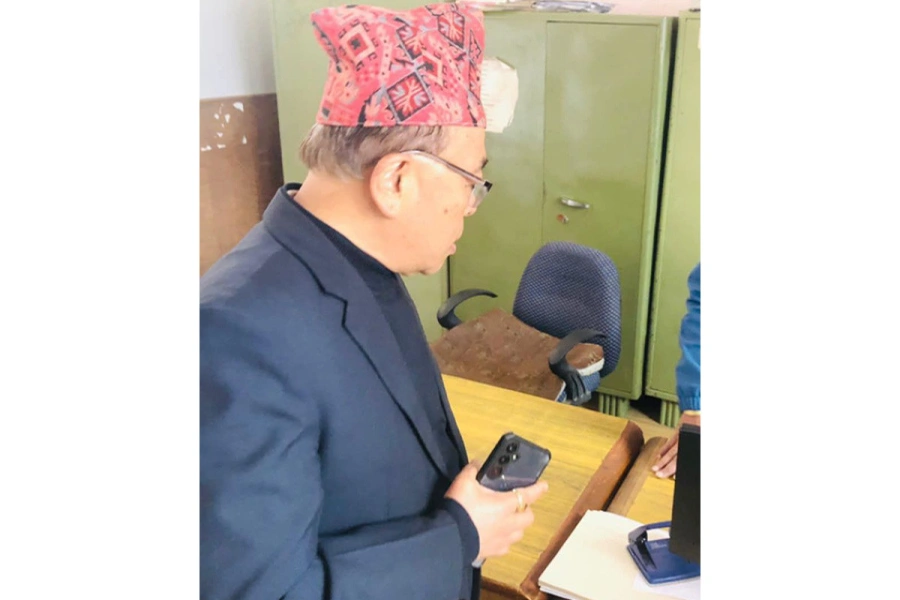The Constitution of Nepal 2015 embodies the noble ideal of inclusive and proportional representation of all. It is a pivotal feature that reflects the country's commitment to ensuring equitable representation of all ethnicities across all organs of the state. The underlying philosophy of this provision is to eliminate any form of discrimination and ensure that everyone has an equal opportunity to participate in the governance of the nation. So, the Civil Service Act 1993 underwent a significant amendment, embracing the idea of proportional and inclusive representation. This amendment aimed to promote inclusivity and fairness in the recruitment process. As a result, the law now provides for a 45 percent reservation for various ethnic communities in the government's recruitment process. Now, for every 100 positions available in the bureaucracy, 45 are recruited through this proportional representation system.
Undoubtedly, the reservation system has made significant strides in fostering inclusivity within our bureaucracy. Moreover, it has also served as a catalyst for promoting inclusivity across other spheres of society. This positive discrimination mechanism is a commendable initiative, which a country as diverse as Nepal desperately requires to ensure that every community has an equal opportunity to participate in the governance of the nation. However, it is essential to note that such provisions must not be in place indefinitely. The government has mandated a provision to review this policy every 10 years, acknowledging the need for this policy to be regularly assessed to ensure that it remains relevant and effective. The first decade of implementing this policy has already elapsed, and the time has come to evaluate its effectiveness.
‘Reservation should be based on class, not caste’

Recently, officials from three constitutional commissions - the National Dalit Commission, Tharu Commission, and Indigenous Nationalities Commission - proposed that the government should adopt a fully ethnicity-based proportional system for the recruitment of government employees. This suggestion has stirred up controversy and drawn criticism from people with different perspectives. Presently, the Public Service Commission recruits 55 percent of government employees through open competition and the remaining 45 percent through an ethnicity-based proportional system. The officials of these commissions have proposed that the government modify this system and adopt an entirely ethnicity-based recruitment process. However, this proposal contradicts public opinion, which favors a review of the system and limiting the benefits of the reservation system to a single instance - either at the time of entry into the bureaucracy or during promotion.
It should be clear that the reservation system cannot/ should not be implemented indefinitely. If the implementation of the reservation system is not balanced, it may lead to dissatisfaction among communities that feel excluded from it. This can result in the exodus of such communities from the country, which is not a desirable outcome. India provides several examples of talented individuals leaving the country due to the reservation system, and Indian courts have issued several orders to correct the reservation system. The courts have even ruled that certain technical studies should be decided based on competency rather than reservation.
However, once implemented, reservation can be challenging to remove. In neighboring India, it was originally intended to be implemented for 10 years, but now it has been over seven decades, and the system remains in place. Reservation should be able to bring about meaningful change within a certain period of time. If it fails to do so, then there may be something amiss. Echoing the same concern, the National Inclusion Commission of Nepal has submitted a report to the government, urging a review of the reservation system in the country. The commission has called for an end to situations where well-connected individuals repeatedly benefit from the opportunities provided by reservation while others without connections miss out entirely.
In Nepal, in recent times, the policy has elicited mixed reactions from various stakeholders. Those in favor of this reservation system argue that it should be expanded further, while critics have urged the government to undertake a thorough review of the system, emphasizing the need to avoid a situation where only certain groups benefit from the system. It is crucial to recognize that while such policies are necessary, they must be implemented with caution to ensure that they do not result in reverse discrimination or exacerbate existing inequalities.
Furthermore, there is a growing call for reservation to be based not on ethnic castes, but on economic class. How can we address a scenario where a financially disadvantaged individual is denied reservation benefits solely because they come from an alleged upper caste, while a financially well-off individual repeatedly receives such opportunities based solely on their ethnic background? This is a crucial question. The idea is to provide everyone with an equal chance. The current situation may not require that opportunities in the bureaucracy or elsewhere are distributed solely based on ethnicity. In fact, doing so could result in excluded communities feeling aggrieved. Thus, a review of the reservation system is imperative.




